Jason Carter seeks governor spot, insists education main focus
Carter cites his time in The Peace Corp as his main source of inspiration. “It was one of the most important times of my entire life. It made me in many ways who I am,” Carter said. “It gave me an opportunity to understand the world in new ways, and time to reflect on what it means to be a human, and what our country means to the rest of the world.”
October 16, 2014
Election season is in full swing, and the race for Georgia’s next governor remains intriguing. This year’s nominees include current governor, Republican Nathan Deal, and Jason Carter, a first-time democratic nominee and the grandson of former president Jimmy Carter.
Strictly republican governors have served the state since 2003, and the democratic audience makes up 43% of Georgia’s voting population, proving Carter’s governor bid an underdog.
Born in Decatur, Carter always held a passion for Georgia politics. After graduating from the University of Georgia School of Law, he worked as a Lawyer at Bondurant, Mixson & Elmore in Atlanta. In 2010, Carter began his career as a member of the Georgia State Senate, announcing his plan to run for state governor last year. His main goal: improving the Hope Scholarship to provide increased coverage of funds for students.
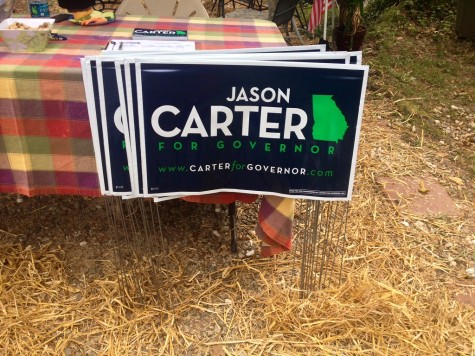
With the election just weeks away, Jason Carter support signs pop up in neighborhood yards.
“I think [reinstating The Hope Scholarship] is incredibly important for our future to ensure that we have access to higher education, so we can maximize the number of people who are able to go technical school, able to go to college, and get degrees,” Carter said.
Established in 1993, the scholarship supported over one million Georgia students, providing $3 billion dollars towards college education. The only requirement? Students must graduate with a 3.0 GPA. In 2011, Deal signed a new law into effect that approved the addition of The Zell Miller Scholarship. This scholarship states that in order to get 100% funding, students would now need to graduate with a 3.7 unweighted GPA, and score at least a 26 on the ACT and 1200 on the critical reading and math sections of the SAT.
“I believe that the Zell Miller Scholarship right now has become limited in its scope to essentially only the wealthiest parts of our state,” Carter said. “We have to make sure that it’s a truly statewide scholarship.”
Carter’s other plans for education include creating a separate state fund strictly for education.
“We have to invest in our people because education is economic development,” Carter said. “There needs to be a separate budget for education to ensure that we protect it as our state’s first priority.”
Carter also plans to increase support for the teacher workforce. In the past five years, Georgia witnessed a loss of 9,000 teachers, while average class rates have gone up by 95%.
“We have to have a coherent vision for education, and that vision has to drive teacher quality and recruiting, retaining, and supporting the best possible teacher workforce,” Carter said.
When asked how he pictured Georgia’s growth during the next four years of his possible election, Carter’s passion for Georgia politics proves immense: “If we put forward a dynamic, new, forward looking set of policies, Georgia will have everything it needs to become a powerhouse. We are at the bottom in terms of unemployment, and in terms of how fast we’re recovering from the recession. We are dead last, and Georgia has no business at the bottom.”








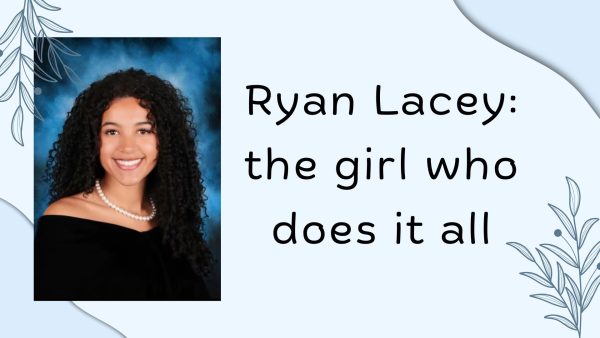
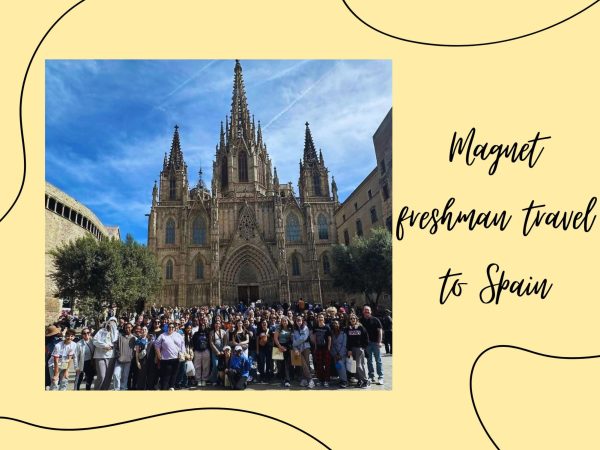



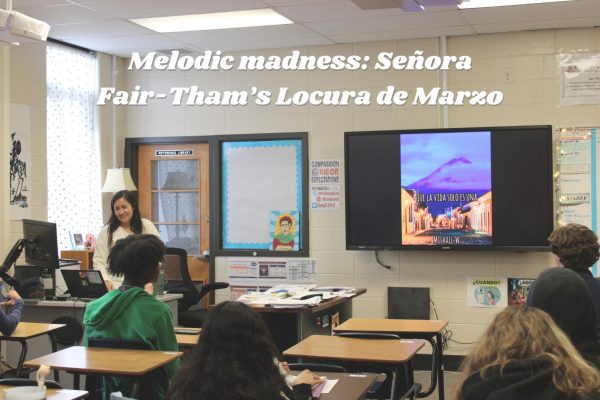

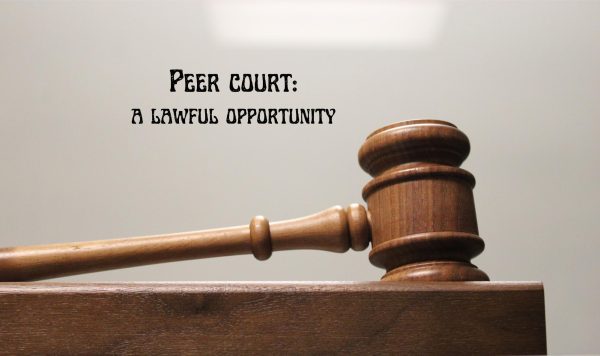


bruce kay • Oct 17, 2014 at 10:46 AM
Excellent job on the Jason Carter story!